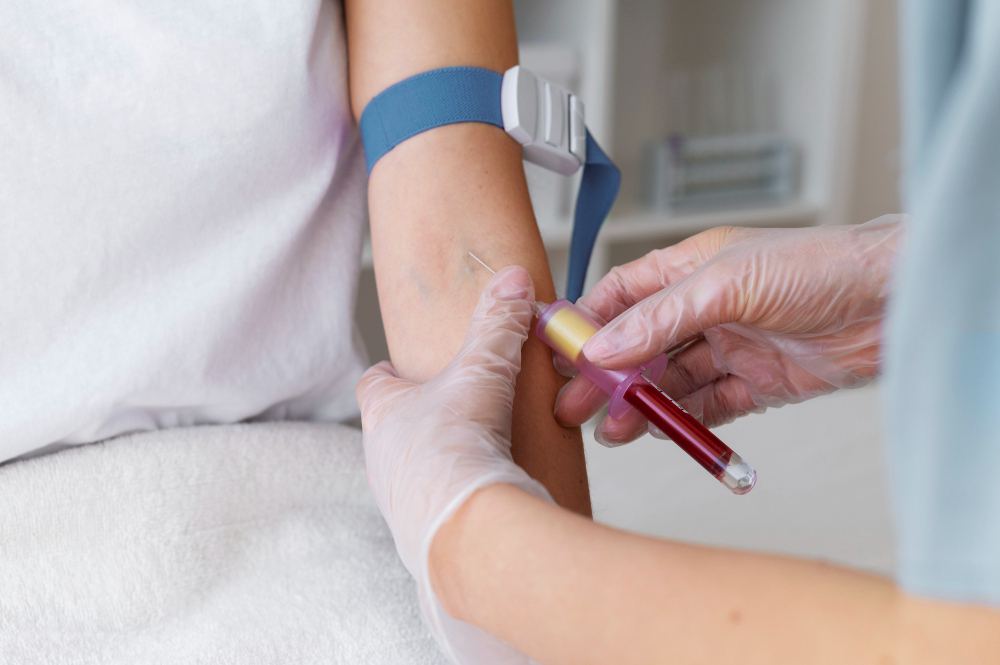What is a Clotting Panel?
A clotting panel is a group of blood tests. These tests check how well your blood clots. Two main tests in a clotting panel are PT/INR and aPTT. Doctors use these tests to find out if your blood clots too quickly or too slowly. Because blood clotting is important for healing, these tests help keep you safe. Many people search for simple explanations of blood clotting tests. This guide will help you understand them in plain words.
What are PT/INR and aPTT?
PT stands for Prothrombin Time. It measures how long it takes your blood to clot. INR means International Normalized Ratio. It is a way to compare PT results from different labs. aPTT stands for Activated Partial Thromboplastin Time. This test also checks how fast your blood clots, but it looks at different parts of the clotting process. Both PT/INR and aPTT are key parts of a coagulation panel.
Why Are These Tests Done?
Doctors order these tests for many reasons. For example, you may need them if you:
Sometimes, these tests help find liver problems or certain diseases. Because blood clotting is complex, these tests give doctors important clues about your health.
How Are the Tests Performed?
Getting a clotting panel is simple. First, a nurse or technician draws a small amount of blood from your arm. Next, the blood goes to a lab for testing. You may feel a quick pinch, but the test is safe. Most people can return to normal activities right away. In some cases, your doctor may ask you to avoid certain medicines before the test. Always follow your doctor’s instructions.
Understanding Your Results (in plain language)
Test results can seem confusing. However, here is what they usually mean:
Doctors look at your results along with your health history. Because many things can affect clotting, only a doctor can explain what your results mean for you.
When Should You Get Tested?
You may need a clotting panel if you:
Sometimes, your doctor will order these tests as part of a routine checkup. If you are unsure, ask your healthcare provider.
Tips for Preparing for a Clotting Panel
To get the best results, follow these tips:
Because some foods and medicines can affect results, always follow your doctor’s advice.
Frequently Asked Questions (FAQ)
In summary, clotting panel tests such as PT/INR and aPTT play a crucial role in assessing your blood’s ability to clot properly and identifying potential bleeding or clotting disorders. These tests are especially important before surgeries or while on blood-thinning medications.
If you have any concerns or want to understand your results better, consult the experts at Global Diagnostics. Our experienced healthcare professionals provide accurate testing, detailed reports, and personalised guidance to ensure your safety and well-being.
Book your clotting panel test today at Global Diagnostics — your trusted partner for precise and reliable diagnostics.





